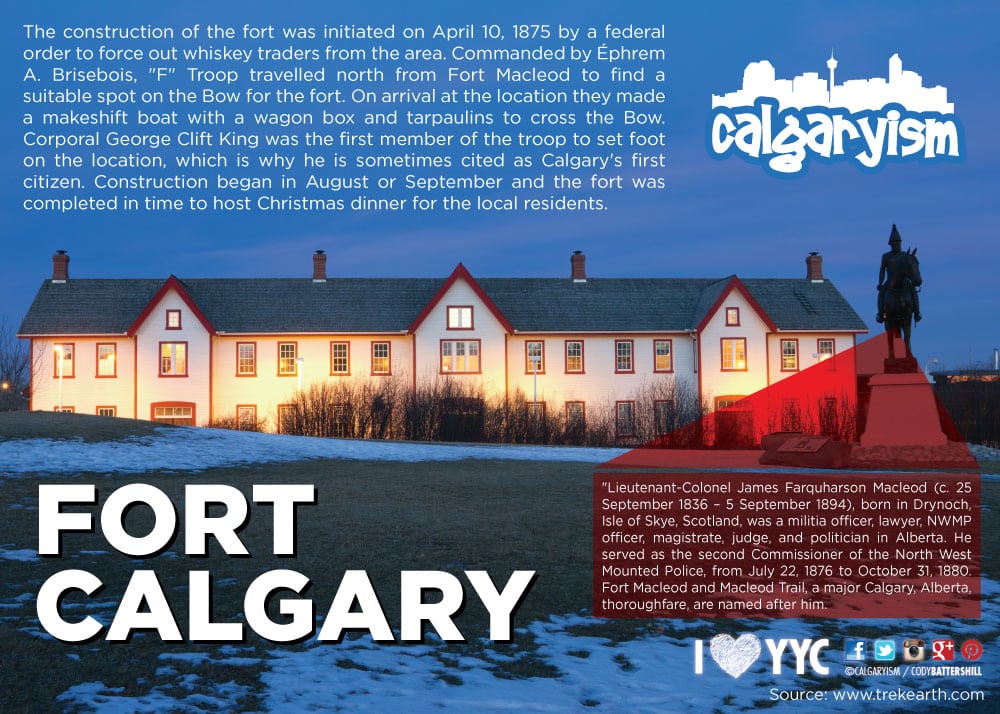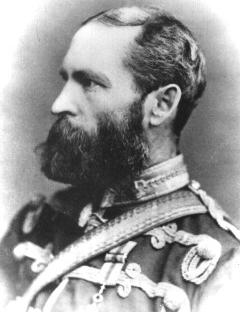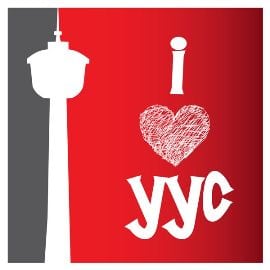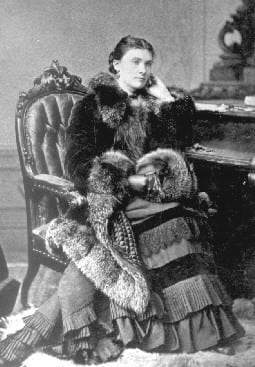Main Content
Who Was Colonel James F. Macleod?
Calgary’s Founding Father: Colonel James Macleod

Colonel James Farquharson Macleod was a powerful man with enormous influence over Western Canada during settlement years in the late 1800s. He was born in Scotland in 1836 into a Chieftain’s family.
In 1845, at 9 years old, he and his family moved to Ontario, Canada, to a place called Drynoch near Ojibwa land. John Snake, a Native man, took James hunting frequently and helped him to learn and develop and appreciation for the skill and knowledge of the First Nations.
Early Career
James was eventually encouraged by his father to pursue a legal career and he followed suit. After completing a law degree in 1860, he went into practice in Ontario where he also was actively involved in voluntary militia.
During this time, James earned a distinguished service medal called the Order of St. Michael and St. George for his participation in the Wolseley expedition during the 1870 Red River Rebellion.
This rebellion is where he first met his future wife, Mary Drever (discussed further below). Soon after James was offered a commission in the newly formed North West Mounted Police (NWMP). He accepted without hesitation.
North West Mounted Police
As Assistant Commissioner, Colonel Macleod worked side-by-side with the enlisted men of the NWMP and earned their respect in many ways. Sometimes, when punished for small infractions by then Commissioner George French, James would intervene on their behalf.
He was placed in charge of the western force where he put an end to the illegal whiskey trade and made preparations for future settlements. Part of preparation was making sure that his men were paid for their service by Ottawa as they hadn’t yet been paid since leaving the east. He became a strong advocate for his men and made sure they were fairly compensated by government.
Respected by First Nations
During Colonel Macleod’s time in the west he developed a respectful relationship with leader of various First Nations tribes such as Chief Crowfoot and Chief Red Crew. This trust was mentioned in the Treaty Seven negotiations of 1877.
His advocacy for his NWMP men transferred to the First Nations where he would constantly remind Ottawa to honour their promises in the Treaty. As a matter of fact, a Piikani Chief was so impressed by Macleod’s actions that he bestowed upon him the nickname of Stamixotokan, or “Bull Head” to honour his good will and deeds for the First Nations.
In 1875, Colonel Macleod was promoted to Commissioner of the NWMP. Poor communication between Ottawa and Fort Macleod, the place he lived nearby at the time, resulted in frustration for James but left him relatively unbothered by politics.
The Colonel issued an order to “F” troop to establish a new fort at the confluence of the Bow and Elbow Rivers which initially took up the name of Fort Brisebois after an NWMP officer named of Ephrem A. Brisebois. Later, he would rename the settlement to Fort Calgary.
Judiciary Career
Macleod served as the North West Mounted Police (NWMP) Commissioner in his adult life for 7 years. During that time, he was also a Stipendiary Magistrate until he left the force in 1880.
In his court, James was known for providing fair judgement over all ethnicities. He often would turn over First Nations cases to their respective communities to deal with infractions he felt would be best dealt with through their traditions and not those of the settlers. As a sign of respect, Macleod disallowed arrest during First Nations sacred Sun Dance Ceremony.
As a member of the North West Territories Legislative Council, Macleod was appointed to the Territories Supreme Court in 1887. His decisions in the courthouse were often based on knowledge of Western culture and common sense rather than the letter of the law or legal precedent.
For many years Calgarians demanded that Macleod be based out of Calgary, the very NWMP fort he renamed. He and his family finally moved back to Calgary from their ranch near Fort Macleod in 1893 after his home in the Scottish Highlands.
The Macleod Family
Mary Drever was born in the settlement of Red River in 1852. During the Red River Rebellion, Mary smuggled a message for Colonel Garnet Wolseley through enemy Metis lines. James Macleod arrived with a military force and when he met her, they fell in love. They became married on July 28th, 1876.
James had many responsibilities as a Commissioner, Magistrate, Judge and Legislative councillor and had to spend lots of time away from his wife and five children fulfilling them. He and his wife found other ways to communicate; they regularly exchanged lovers that included passionate expressions of love.
His Passing
Unfortunately, James Macleod suffered from an inflammatory condition in the kidney’s called Bright’s disease for many years. In 1894, he passed away in Calgary and was buried with much adorn and respect as any good leader of the people would be.
His wife Mary never received a pension from the government, however, local Calgarians banded together to provide the family with support and a home.
Excerpt 1: Macleod’s letters to Mary:
Those in Ottawa “…gave me authority to draw money to pay the men… I drew $30,000 and brought $15,000 out here with me.”
Excerpt 2: Macleod’s letters to Mary:
“I know that you are very good and the most patient most long-suffering girl in the world…”
Signed, “With endless love, ever yours, Jim”, April 21st, 1875
*Sourced from the City of Calgary. Historic photos sourced from Glenbow Archives
More History of Calgary
Want to know more about our wonderful city’s past? See more at History of Calgary – Then & Now comparisons today!
History of Calgary – 1885 vs. 1912

Required fields are marked*
- Airdrie
- Alberta
- Arts and Culture
- Blog
- Buying Tips
- Calgary
- Calgary Activities and Events
- Calgary Communities
- Calgary Condo Guide
- Calgary Infill Homes
- Calgary Luxury Homes
- Calgary New Condo Guide
- Calgary New Homes
- Calgary Real Estate Statistics
- Calgary Restaurants
- Calgary Townhomes
- Canada
- Condo Building Review
- Condos in Calgary
- Featured Blog Posts
- Featured Blogs
- First Time Home Buyers Guide
- Listings
- Moving to Calgary
- New Condo Projects
- Oil and Gas
- Selling Tips
- Slider
- Testimonials
- The Best in Calgary
- Uncategorized
- Video Testimonials
- Contact Us
- Search MLS®
- Sellers’ Guide
- Buyers’ Guide
- About Cody & Jordan
- Blog
- Testimonials
- Downtown Calgary
- SW Calgary
- SE Calgary
- NE Calgary
- NW Calgary
- Calgary Condos
- Calgary Townhomes
- Calgary Infills
- Calgary Luxury Homes
- New Calgary Homes
- New Calgary Condos
- Acreages for Sale
- Bungalows for Sale
- Duplexes for Sale



